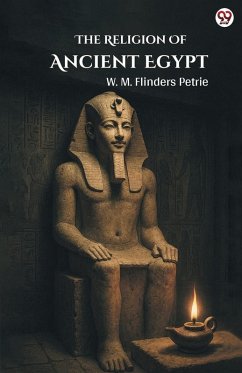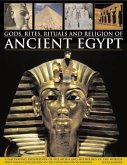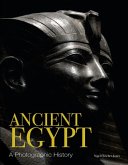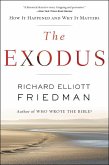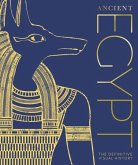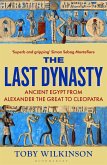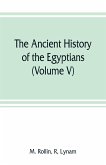The religion of ancient Egypt examines how early belief systems shaped a civilization s worldview through evolving understandings of divine presence and human purpose. The narrative explores how spiritual life became deeply intertwined with political and cultural development, reflecting an intimate connection between earthly existence and the unseen realm. The work focuses on the idea that divinity was not seen as infallible or detached but was viewed through a more humanized lens, making the divine relatable and accessible. This approach reveals how spiritual power was not distant but involved in everyday existence. The examination of deities, their roles, and their limitations unveils how spiritual identity in ancient Egypt was flexible, layered, and often tied to natural forces and social hierarchy. The study of animism and polytheism further reveals that Egyptian religious life was not monolithic but dynamic and localized, with beliefs adapting across time and region. This inquiry also addresses the complex relationship between the physical body and spiritual continuation after death, hinting at ideas that influenced burial customs, tomb art, and afterlife literature. The book offers a reflection on how belief gave structure to both personal and communal life.
Bitte wählen Sie Ihr Anliegen aus.
Rechnungen
Retourenschein anfordern
Bestellstatus
Storno

